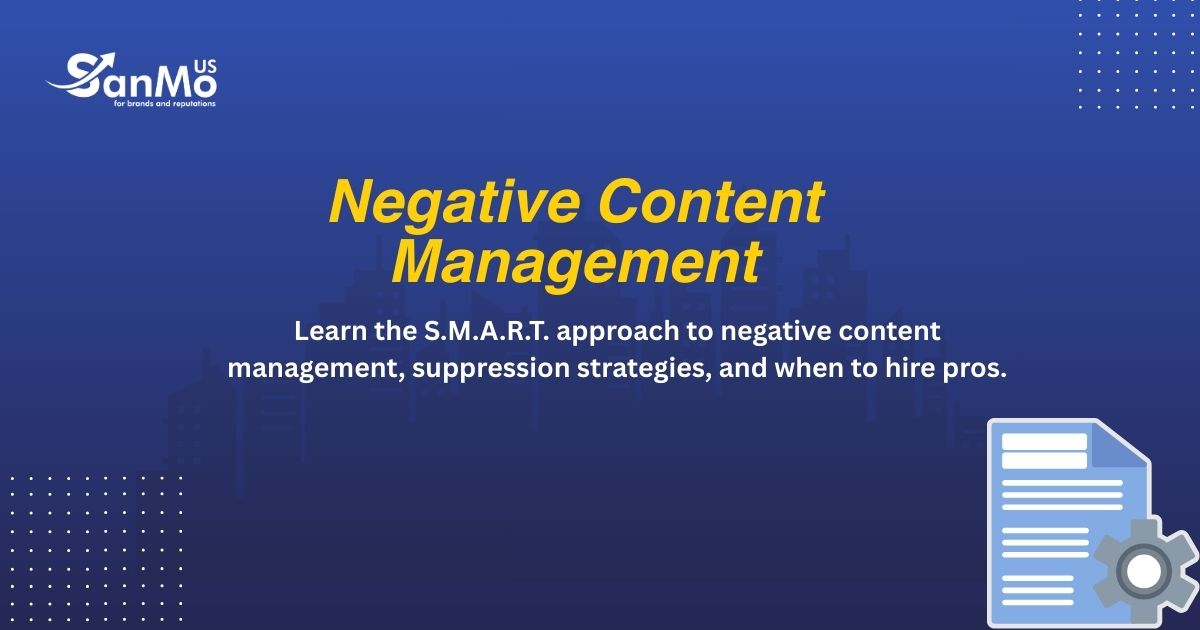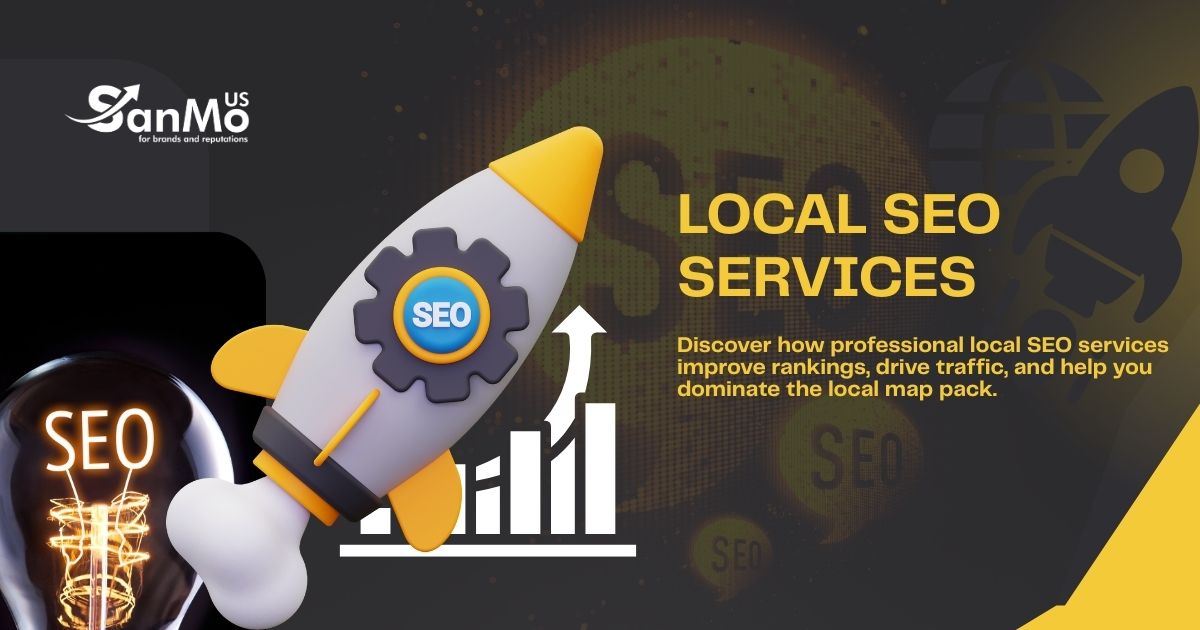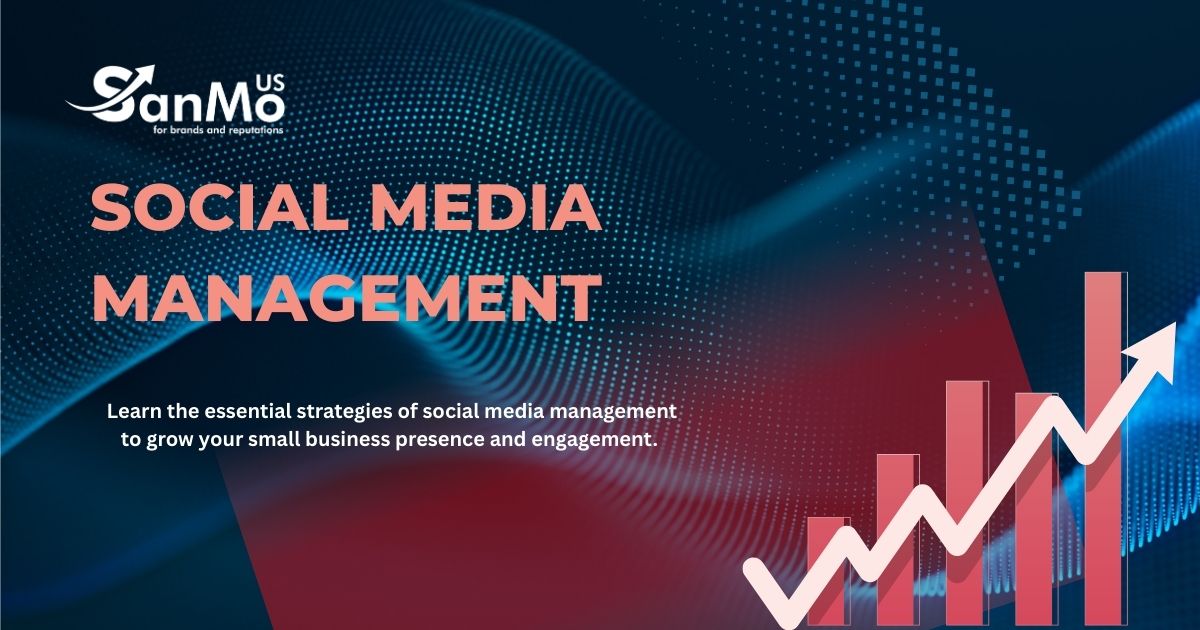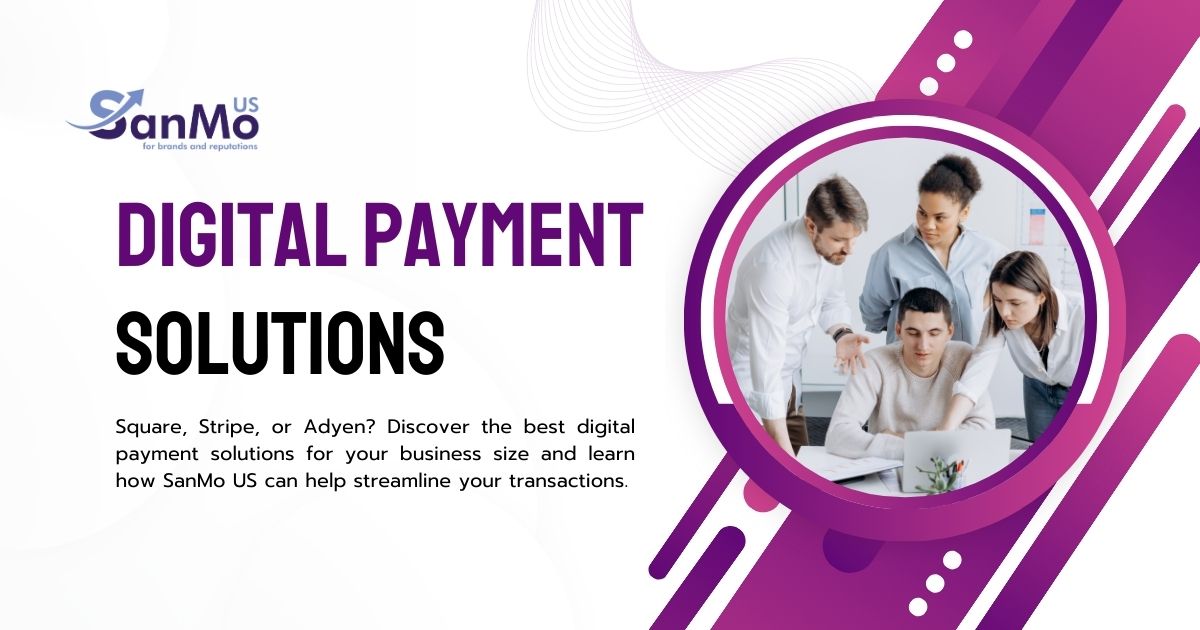If you’ve invested years perfecting your SEO strategy but notice traffic shifting as more users turn to AI search engines like ChatGPT, Google Gemini, and Bing Copilot, you’re not alone. The digital landscape is evolving, and Generative Engine Optimisation (GEO) is now crucial for businesses seeking to maintain visibility.
By optimizing for GEO, you can reach more customers, build trust, and gain a competitive edge. Understanding AI overviews, AI models, and AI-driven search behavior helps business owners leverage AI-powered search results effectively.
Stay with us, you’ll learn what GEO is, why it matters for your business, and actionable strategies to implement, so your brand stays ahead in an AI-first digital world.
What is Generative Engine Optimization (GEO)?
Generative Engine Optimization (GEO) is the practice of structuring and optimizing your content so AI models can understand and recommend it effectively.
-
GEO ensures your brand is mentioned in AI-driven answers.
-
It complements traditional SEO by focusing on AI recommendations.
-
Works even when users don’t visit your website directly.
Quick Answer: GEO makes your business visible, trusted, and recommended by AI tools.
Why Generative Engine Optimization Matters

Search is changing, and fast. The way people find answers online is moving away from typing into Google and shifting toward asking AI assistants like ChatGPT, Gemini, or Bing Copilot. According to Gartner, traditional search traffic is expected to drop by roughly a quarter in the coming years as people turn to AI for quicker, more direct answers. That’s not a small dip—it’s a significant shift in how information gets discovered.
Just look at the numbers: ChatGPT is now handling over 2.5 billion prompts daily and has grown to around 800 million weekly active users—growth that no other platform in history has achieved. At the same time, businesses are catching on. Surveys show that the share of companies using AI has jumped from about 55% to nearly 80% in just a year, with generative AI adoption more than doubling.
What does this mean for your business? If you’re relying only on traditional SEO, you’re leaving yourself vulnerable. When someone asks an AI assistant for the “best local marketing agency” or “top eco-friendly product suppliers,” Google rankings won’t guarantee you’re in that answer. To show up, your content needs to be structured in a way AI systems can easily understand and recommend.
The businesses that figure this out now—before their competitors—will have a considerable advantage. Those that don’t risk fading into the background as AI becomes the new gateway to information.
Why is Generative AI So Powerful for Businesses?

Generative AI is powerful because it can change how customers discover and trust your business.
-
Direct recommendations: AI assistants suggest products or services to users.
-
Save time and resources: Automate marketing, content, and customer support.
-
Level the playing field: Small businesses compete alongside big brands.
-
Build authority: Being cited by AI boosts trust with potential customers.
Example: If someone asks ChatGPT, “Which is the best digital agency for small businesses?”, being mentioned gives free visibility and authority.
How GEO Differs from Traditional SEO
| Factor | Traditional SEO | Generative Engine Optimization (GEO) |
|---|---|---|
| Goal | Rank on Google | Be cited by AI assistants |
| Content | Keyword-focused | Conversational, structured, clear |
| User Action | Click search results | Get answers directly |
| Visibility | Meta titles & descriptions | AI summaries, citations, recommendations |
SEO gets you ranked. GEO gets you recommended by AI.
How to Optimize for Generative Engine Optimization
Implementing GEO effectively doesn’t mean leaving SEO behind—instead, it builds on strong SEO foundations while adding AI-focused strategies.
Start with Strong SEO Fundamentals
-
High-quality content: Create comprehensive content that demonstrates E-E-A-T (Experience, Expertise, Authoritativeness, Trustworthiness).
-
Technical SEO: Ensure a fast site speed, a mobile-friendly design, and a clear site architecture.
-
Authoritative backlinks: Gain credible links to signal trust and relevance to both search engines and AI platforms.
Optimize for Natural Language Questions
-
Conversational queries: Think in terms of full questions your audience asks, not just keywords.
-
Question-answer format: Structure content so AI can easily extract answers.
-
FAQs: Include comprehensive FAQ sections addressing common user questions.
-
Conversational tone: Write like your audience is asking you directly.
Focus on Entity Optimization
-
Consistent brand info: Keep Name, Address, Phone (NAP) details uniform across platforms.
-
Schema markup: Define entities and relationships for AI recognition.
-
Brand-topic associations: Strengthen connections between your brand and industry topics.
-
Digital footprint: Maintain complete profiles on major platforms to improve AI trust.
Structure Content for AI Comprehension
-
Clear headings & subheadings: State the main points directly.
-
Logical sections: Break complex topics into digestible parts.
-
Summaries: Add short summaries at the start to help AI grasp the core idea.
-
Lists: Use numbered or bulleted lists for steps, processes, or collections of related items.
Build Topical Authority
-
Content clusters: Develop related content around core topics in your industry.
-
Internal linking: Connect articles to establish topic relevance.
-
Original research & case studies: Share data to demonstrate thought leadership.
-
Regular updates: Keep content fresh and accurate for both search engines and AI systems.
Generative AI Tools That Influence GEO
Here’s a breakdown of the top AI tools businesses need to optimize for, along with their latest metrics:
| Tool | Why It Matters for GEO | Growth Metrics (Late 2025) |
|---|---|---|
| ChatGPT | AI-driven answers where your business can be directly cited. | Weekly Active Users: 700M → projected 1B Daily Prompts: 2.5B Growth: 150% increase in prompts |
| Google Gemini | Integrated into Google Search, delivering AI summaries and recommendations. | Embedded in Google Search AI Mode; AI answer usage up ~60% in early 2025 |
| Bing Copilot | Provides contextual citations and recommendations in Microsoft products. | Built into Windows 11 & Office 365; adoption growing ~70% YoY in enterprise |
| Perplexity AI | Offers real-time answers with sources, boosting trust when your brand is cited. | Monthly active users: 22 in 2025 (191.9% growth); Annual revenue: ~$148 million by June 2025 |
Key Insight: AI adoption is skyrocketing. Businesses that optimize for GEO now will secure visibility in answers that matter most.
Real-World Business Scenarios Where GEO Works

1. Exporters & Manufacturers
-
Example: When users ask AI assistants, “Top sustainable apparel manufacturers in the USA” or “Best eco-friendly furniture exporters in California”, GEO-optimized businesses are directly cited.
2. Local Services
-
Example: AI platforms like ChatGPT or Bing Copilot can recommend your local clinic, gym, or restaurant when users ask, “Best family-friendly restaurants near me” or “Top physical therapy clinics in New York”.
3. E-commerce & Online Retail
-
Example: AI lists your eco-friendly or high-demand products in response to queries like, “Where to buy sustainable skincare in the USA” or “Top AI-powered gadgets for home use”.
4. Professional & Digital Services
-
Example: AI assistants suggest your marketing agency, SaaS tool, or consulting service for queries like, “Best small business marketing services in Chicago” or “Top AI tools for US startups”.
Business Owner’s GEO Checklist

Step 1: Test Visibility
-
Ask AI tools about your industry.
-
If your business isn’t mentioned → GEO needed.
Step 2: Optimize Content
-
Use clear answers, FAQs, tables, and lists.
-
Include AI-related keywords and entities.
Step 3: Build Authority
-
Share case studies, client results, and testimonials.
-
Acquire backlinks from credible sources.
Step 4: Fix Technical Foundations
-
Add schema markup.
-
Ensure mobile-friendly, fast-loading pages.
Step 5: Monitor & Update
-
Regularly check AI mentions.
-
Update content with the latest AI trends and models.
Conclusion
We are now in an AI-driven era. Customers increasingly ask AI assistants for answers, rather than just searching on Google.
If your business relies only on traditional SEO, you risk losing leads, visibility, and sales to competitors optimized for AI. Generative Engine Optimization (GEO) combined with Answer Engine Optimization (AEO) ensures your business is seen, trusted, and recommended in AI-generated answers.
Ignoring GEO means competitors dominate AI mentions while your brand remains invisible. You could lose potential clients, reduce authority, and fall behind in your industry.
Acting now gives you a first-mover advantage. By updating content with AI-friendly answers, FAQs, structured data, and semantic keywords like artificial intelligence, AI-driven, AI overviews, AI models, and SEO, your business can appear in AI recommendations, gain trust, and attract more leads.
FAQ
Is GEO replacing traditional SEO?
No. GEO complements SEO, it doesn’t replace it. While traditional SEO helps your website rank on search engines, GEO ensures your business is recognized and recommended by AI assistants like ChatGPT, Google Gemini, and Bing Copilot. The best results come from combining SEO + GEO strategies.
How can I measure GEO performance?
Though GEO metrics are evolving, you can track:
-
Brand mentions in AI-generated answers
-
Traffic from AI platform referrals
-
Engagement and conversion rates from AI-sourced leads
-
Accuracy of entity recognition in AI responses
Do I need to create entirely new content for GEO?
Not always. Start by optimizing your existing high-performing content for AI visibility. Restructure information, add clear question-answer sections, and include semantic keywords and AI entities. Then, gradually develop new content designed for both AI platforms and search engines.
How often should I update my GEO strategy?
AI platforms evolve rapidly. Review your strategy quarterly and monitor how AI references your content. Update after major AI model releases or algorithm changes from providers like OpenAI, Google, or Anthropic.
Which types of businesses benefit most from GEO?
Businesses in export, local services, e-commerce, SaaS, and digital marketing gain the most. Any company wanting to be cited in AI answers can benefit.
Is GEO only for big companies?
No. Small businesses benefit even more because GEO allows them to gain visibility alongside big brands, leveling the playing field in AI-driven search results.
Can GEO increase trust and authority?
Yes. When AI assistants mention your business in answers, it enhances credibility, authority, and customer trust, even before users visit your website.
How do I make my content AI-friendly?
-
Provide clear answers to specific questions.
-
Use structured content: tables, bullet points, numbered lists.
-
Include relevant entities and the semantic keywords.
-
Add schema markup like FAQ, HowTo, Product.








